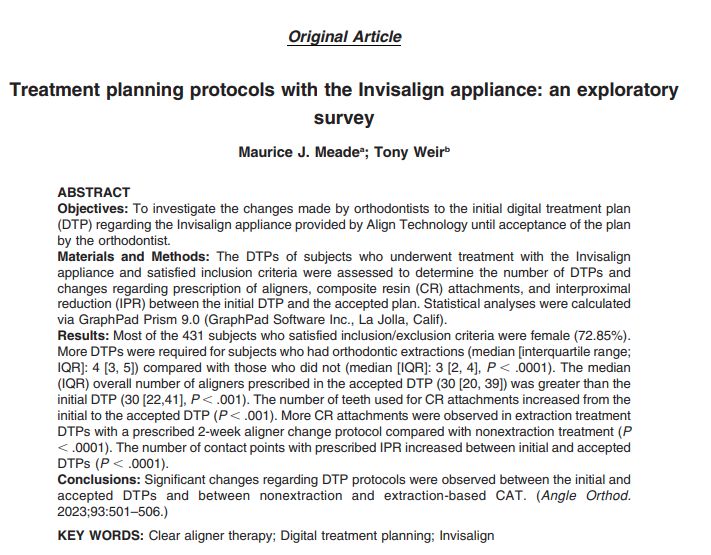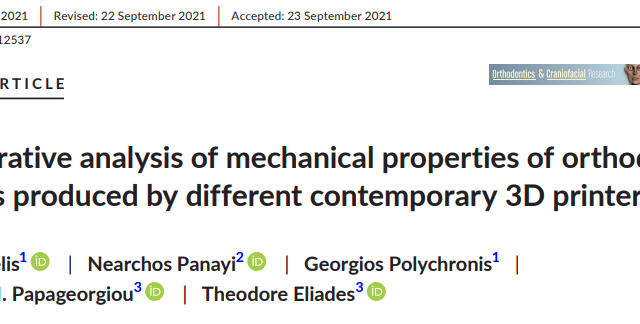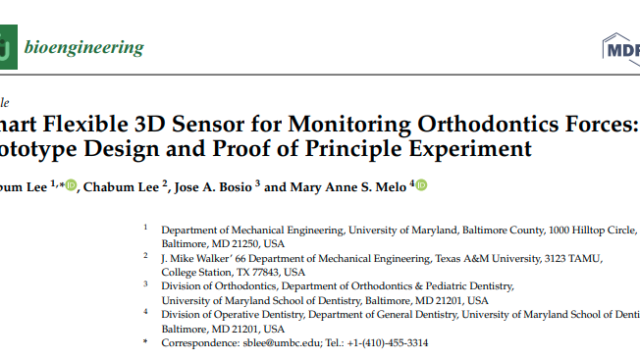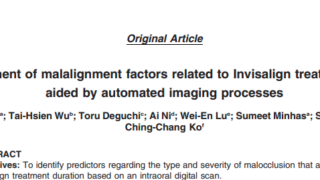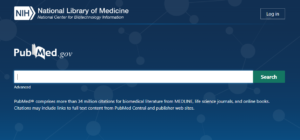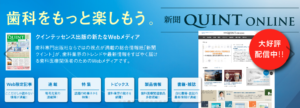歯科医師、特に矯正医向けの最新矯正論文情報サイト
日常診療で多忙な歯列矯正医のためのドクター専用サイトです。
日々の診療や臨床、医学研究に役立つ最新海外論文をPubMedから情報を提供します。
Evidence-Based Medicine (EBM)、すなわち、科学的根拠に基づいた医療情報を提供します。
アブストラクトだけでなく、結果の表やグラフなど詳しい情報を日本語に訳して提供しています。
今回は2023年にAngle Orthodontisitに投稿された”Treatment planning protocols with the Invisalign appliance: an exploratory survey”という論文です。
是非最後までご覧いただき、お忙しい先生方の情報収集にお役立てください。
題目・著者
【題目】
Treatment planning protocols with the Invisalign appliance: an exploratory
survey
【著者】
Maurice J. Meadea ; Tony Weirb
a: Associate Professor and PR Begg Chair in Orthodontics,
Orthodontic Unit, Adelaide Dental School, University of Adelaide,
Adelaide, Australia.
b: Honorary Clinical Senior Lecturer, Orthodontic Unit, Adelaide Dental School, The University of Adelaide, Adelaide,
Australia.
【key words】 Clear aligner therapy; Digital treatment planning; Invisalign
【PMID】37200476 https://pubmed.ncbi.nlm.nih.gov/37200476/
要約を読む!
【目的】
アラインテクノロジー社が提供するインビザライン矯正に関する最初のデジタル治療計画(DTP)に対して、矯正歯科医がどのような変更を加えたかを、矯正歯科医が計画を承認するまでを調査すること。
【材料と方法】
インビザライン矯正装置による治療を受け。基準を満たした患者のDTPを評価し。最初のDTPと承認されたDTPとの間のDTPの回数、アライナーの処方、アタッチメント、IPRに関する変更を調査した。
【結果】
基準を満たした431人患者はほとんどが女性であった(72.85%)。抜歯を行った患者は抜歯を行わなかった患者と比較して、より多くのDTPが必要であった。承認されたDTPで処方されたアライナーの枚数の中央値は初回のDTPよりも多かった。アタッチメントの数は、初回よりも承認されたDTPが多かった。2週間のアライナー交換の抜歯治療のDTPは、非抜歯と比べてより多くのアタッチメントが処方された。IPRも同様に初回と比べて承認されたDTPの方が多かった。
【結論】
初回と承認されたDPTおよび、非抜歯と抜歯の間でDPTの間で有意な差が認められた。
研究背景
クリアアライナー治療は、矯正歯科医に不正咬合の矯正治療法として受け入れらている。インビザライン(アライン・テクノロジー社、カリフォルニア州サンノゼ)による矯正治療では、患者の歯列の口腔内3D画像から一連のアライナーを製作する。矯正歯科医はメーカーから提供される治療計画を、クリンチェックを用いて調整することができる。最近の研究において、アライン・テクノロジー社が提供する初期のDTP(デジタルトリートメントプラン)が、矯正歯科医に受け入れられないことはほとんどないことが示されている[1,12]。
本文を詳しく読む!
引用文献
- Meade MJ, Weir T. A survey of orthodontic clear aligner practices among orthodontists. Am J Orthod Dentofacial Orthop. 2022;162:e302–e311.
- Hartshorne J, Wertheimer M. Emerging insights and new developments in clear aligner therapy (CAT)—a review of the literature. AJO-DO Clin Compan. 2022;2:311–324. doi: 10.1016/j.xaor.2022.04.009
- Lin S, Huang L, Li J, et al. Assessment of preparation time and 1-year Invisalign aligner attachment survival using flowable and packable composites: a split-mouth clinical study. Angle Orthod. 2021;91:583–589.
- Weir T, Shailendran A, Freer E. Prevalence of interproximal tooth reduction prescribed as part of initial Invisalign treatment in 10 orthodontic practices. Austr Orthod J. 2022;38:96–101.
- De Felice ME, Nucci L, Fiori A, Flores-Mir C, Perillo L, Grassia V. Accuracy of interproximal enamel reduction during clear aligner treatment. Prog Orthod. 2020;21:1–7.
- Weir T, Shailendran A, Kerr B, Freer E. Quantitative assessment of interproximal tooth reduction performed as part of Invisalign treatment in 10 orthodontic practices. Austr Orthod J. 2021;37:176–186.
- Hariharan A, Arqub SA, Gandhi V, Da Cunha Godoy L, Kuo CL, Uribe F. Evaluation of interproximal reduction in individual teeth, and full arch assessment in clear aligner therapy: digital planning versus 3D model analysis after reduction. Prog Orthod. 2022;23:9.
- Stephens C, Weir T, Llewellyn S, Freer, E, Kerr, B. Clinical expression of programmed mandibular canine rotation using various attachment protocols and 1- vs 2-week wear protocols with Invisalign SmartTrack aligners: a retrospective
cohort study. Am J Orthod Dentofacial Orthop. 2022;162: e103–e115. - Blundell HL, Weir T, Kerr B, Freer E. Predictability of overbite control with the Invisalign appliance. Am J Orthod Dentofacial Orthop. 2021;160:725–73
- Goh S, Dreyer C, Weir T. The predictability of the mandibular curve of Spee leveling with the Invisalign appliance. Am J Orthod Dentofacial Orthop. 2022;162:193–200.
- Kravitz ND, Kusnoto B, Begole A, Obrez A, Agran B. How well does Invisalign work? A prospective clinical study evaluating the efficacy of tooth movement with Invisalign. Am J Orthod Dentofacial Orthop. 2009;135:27–35.
- Meade MJ, Ng E, Weir T. Digital treatment planning and clear aligner therapy: a retrospective cohort study. J Orthod. 2023;0(0). doi:10.1177/14653125231166015.
- Hansa I, Katyal V, Ferguson DJ, Vaid N. Outcomes of clear aligner treatment with and without dental monitoring: a retrospective cohort study. Am J Orthod Dentofacial Orthop. 2021;159:453–459.
- Arqub SA, Banankhah S, Sharma R, et al. Association between initial complexity, frequency of refinements, treatment duration, and outcome in Invisalign orthodontic treatment. Am J Orthod Dentofacial Orthop. 2022;162:
e141–e155. - Weir T. Clear aligners in orthodontic treatment. Aust Dent J. 2017;62:58–62.
- Papageorgiou SN, Koletsi D, Iliadi A, Peltomaki T, Eliades T. Treatment outcome with orthodontic aligners and fixed appliances: a systematic review with meta-analyses. Eur J Orthod. 2020;42:331–343.
- Graf I, Puppe C, Schwarze J, et al. Evaluation of effectiveness and stability of aligner treatments using the Peer Assessment Rating Index. J Orofac Orthop. 2021;82: 23–31.
- Al-Nadawi M, Kravitz ND, Hansa I, Makki L, Ferguson DJ, Vaid NR. Effect of clear aligner wear protocol on the efficacy of tooth movement: a randomized clinical trial. Angle Orthod. 2021;91:157–163.
- Haouili N, Kravitz ND, Vaid NR, Ferguson DJ, Makki L. Has Invisalign improved? A prospective follow-up study on the efficacy of tooth movement with Invisalign. Am J Orthod Dentofacial Orthop. 2020;158:420–425.
- Kirschen RH, O’Higgins EA, Lee RT. The Royal London Space Planning: an integration of space analysis and treatment planning: Part I: assessing the space required to meet treatment objectives. Am J Orthod Dentofacial Orthop.
2000;118:448–455. - Kalemaj Z, Levrini L. Quantitative evaluation of implemented interproximal enamel reduction during aligner therapy: a prospective observational study. Angle Orthod. 2021;91:61–66.
- Grunheid T, Loh C, Larson BE. How accurate is Invisalign in nonextraction cases? Are predicted tooth positions achieved? Angle Orthod. 2017;87:809–815.
記事監修

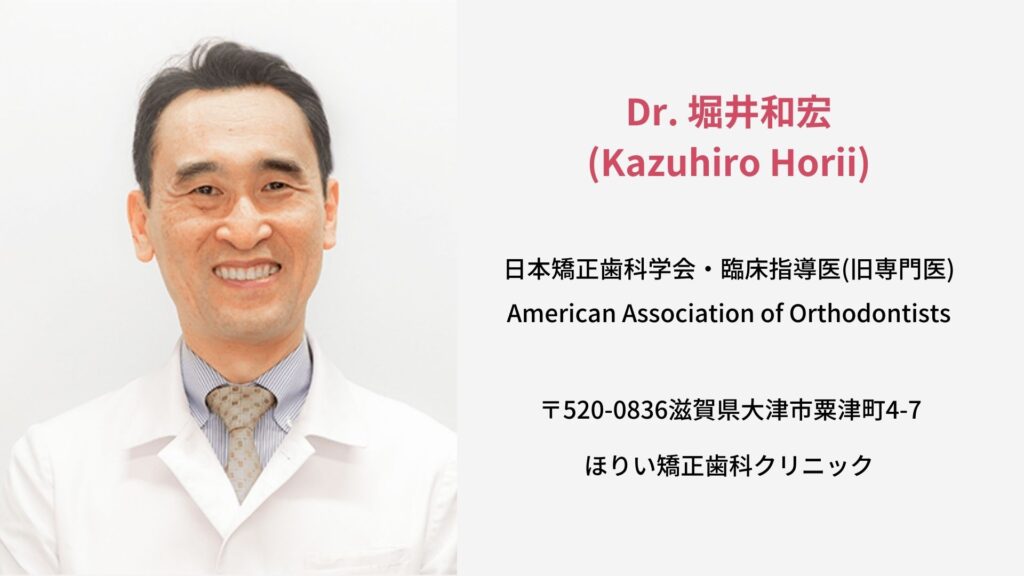
免責事項
本サイトは、PubMedに投稿されたオープンアクセスの査読論文をご紹介しております。
研究計画やDiscussionについては、すべての論文にagreeしているわけではありません。
しかし、「矯正海外論文サイト」は、最新矯正論文を提供するサイトとして矯正医の皆様がそれぞれ議論していただける一つのきっかけとなってくれたらと考えております。
また、内容についての疑問等は一切受け付けておりません。著者ご本人に記載の連絡先にお問い合わせをお願い致します。
さらに、学会発表や研修会においては本サイトの孫引きではなく必ず原著論文をご確認くださいますようお願い致します。
日本においてマウスピース型矯正はご存知の通り、完成薬機法対象外の矯正歯科装置であり、医薬品副作用被害救済措置制度の対象外となる場合がありますのでご注意ください。
矯正海外論文サイト公式Instagramお知らせ
矯正海外論文サイトはInstagramを開設しております
最新記事をお知らせする投稿がメインです
最新論文のお知らせを受け取りたい方は
「矯正海外論文サイト」公式Instagramのフォローをぜひお願いします
なお、Instagramハイライトでは、
矯正治療の気になるKey Wordsを募集しております
矯正医の皆様のご回答をお待ちしております


